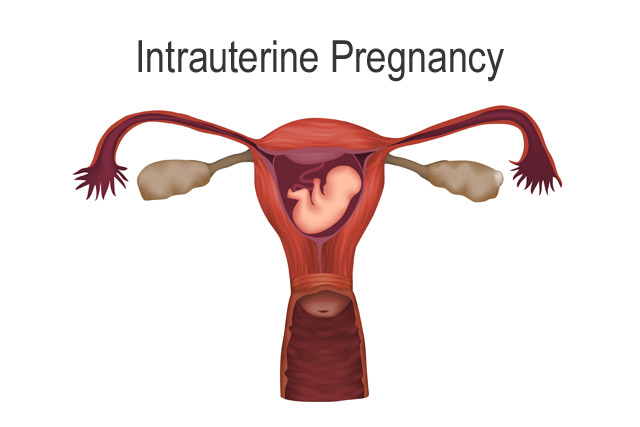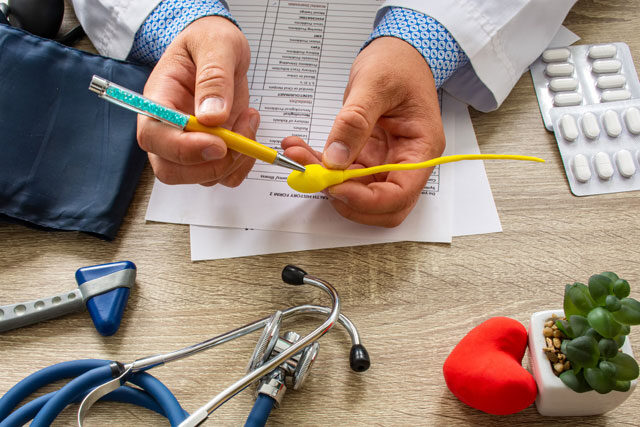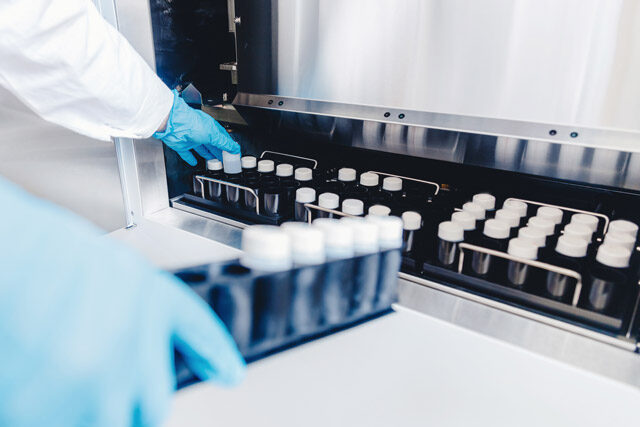Women can discover their pregnancy as early as 5-5.5 weeks. An intrauterine pregnancy can only be confirmed via ultrasound. At this stage, most women don’t notice any signs of pregnancy. In fact, women with irregular menstrual cycles or those who have recently stopped taking birth control may not even suspect their condition at this point. That is why we should talk more about early intrauterine pregnancy, what it is and what to do after such a discovery.
How to Detect an Early Intrauterine Pregnancy
Often, a woman can go for weeks without knowing about her pregnancy. An early intrauterine pregnancy stage is usually discovered at 5 or 5.5 weeks. At this point, a fertilized egg only begins development in the uterus. A pregnancy test is often the first option to confirm the condition. However, a transvaginal ultrasound will be a more accurate and secure way to know about the stage of pregnancy, its safety, and embryo development.
This early, however, an embryo is still very small. Usually, an ultrasound scan will discover an intrauterine gestational sac that should surround an egg. There is no other way to confirm it, as an embryo won’t have a heartbeat that may be detected any other way at this stage.
A gestational sac is a structure in your uterus filled with amniotic fluid. The detection of such a sac on the scan indicates pregnancy with 97% certainty. Such a structure is designed to protect an embryo during its first weeks. The discovery of a gestational sac will mean that you are in the early stages of an intrauterine pregnancy.
Finding a fertilized egg in the uterus is the first sign of a successful pregnancy. In other rare cases, an egg can travel further and outside the reproductive tract. Such fertilization will not result in pregnancy or the birth of a child.
The Risks of an Early Pregnancy
Women at early pregnancy stages are more at risk of complications and miscarriages. These are the common causes of pregnancy failure:
Previous miscarriages
Having more than two records of a failed pregnancy may increase the chances of having another miscarriage. However, this factor doesn’t exclude a chance of a successful pregnancy.
Age
Women after 35 have higher chances of pregnancy failure.
Chronic diseases or infections
Serious Infections like listeriosis or HIV and chronic diseases like diabetes, asthma, or autoimmune diseases can interfere with the course of a healthy pregnancy, cause complications, and affect the embryo’s development and health.
Obesity
Being overweight during pregnancy can put a mother’s and baby’s health at risk of complications and even provoke death.
Hormonal imbalance
Hormonal imbalance can interfere with the healthy implementation and future nourishment of the embryo.
Also, be mindful of common misconceptions surrounding early pregnancy. For example, despite common belief, intercourse or exercising won’t be a threat to the embryo’s development and healthy birth. On the contrary, maintaining an active lifestyle during pregnancy can be a positive thing for your body and mind as well as the baby’s health.
Steps to Take upon the Discovery
A mother is highly recommended to take some steps once an ultrasound confirms an intrauterine pregnancy. The following steps include specific changes in a mother’s lifestyle, such as:
- quitting smoking, drinking, or taking drugs;
- starting a healthy and balanced diet rich in minerals and vitamins;
- keeping a healthy weight throughout pregnancy;
- treating chronic diseases.
Usually, an OB-GYN will schedule the follow-up ultrasound scan 1 or 2 weeks after the first session. The second scan should confirm the safe pregnancy flow and see if there are any abnormalities in the embryo’s development.
Also, it should help establish the conception date, depending on the embryo’s development. For example, a yolk sac will not appear earlier than at 6-9 weeks. A heartbeat is another sign of a safe pregnancy and the conception date. Thus, a healthy heart rate at 6.3-7 weeks will be over 90 beats per minute but fewer than 120bpm. A lower number will mean a risk of miscarrying or other pregnancy complications.
Intrauterine Pregnancy – Wrapping up
So, an intrauterine pregnancy is the development fetus inside the uterus. It can be confirmed only by ultrasound and will require frequent follow-ups till the growth of the embryo is proven by the heartbeat. Overall, it’s a complex condition that requires monitoring, attention, and a healthy physical and mental state of the mother.




